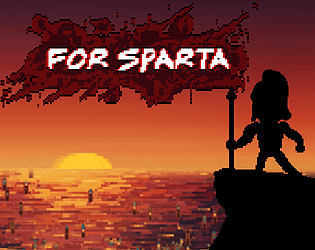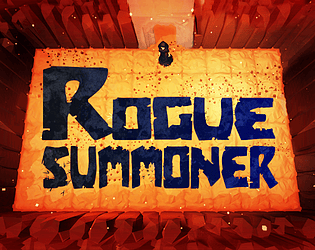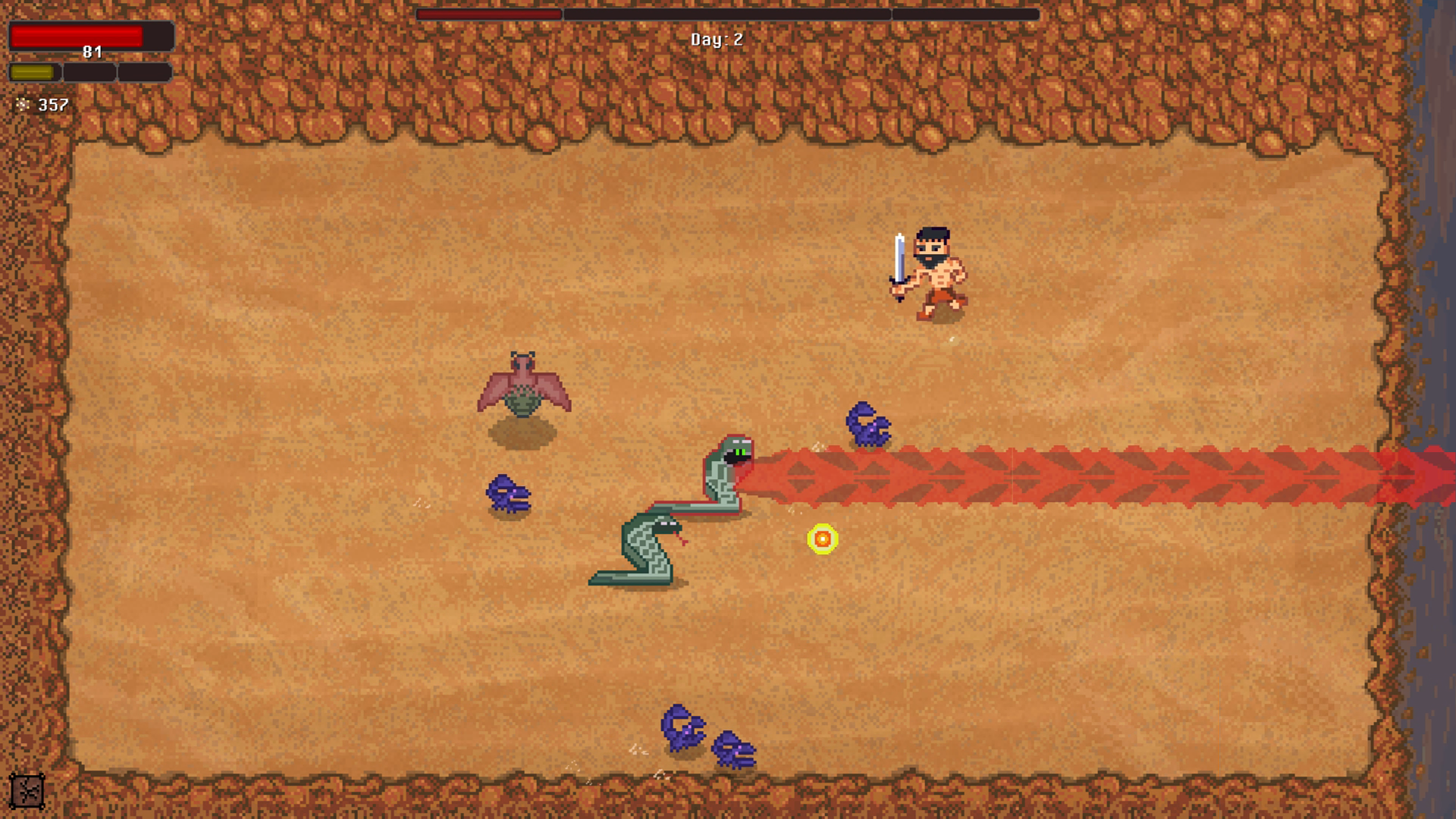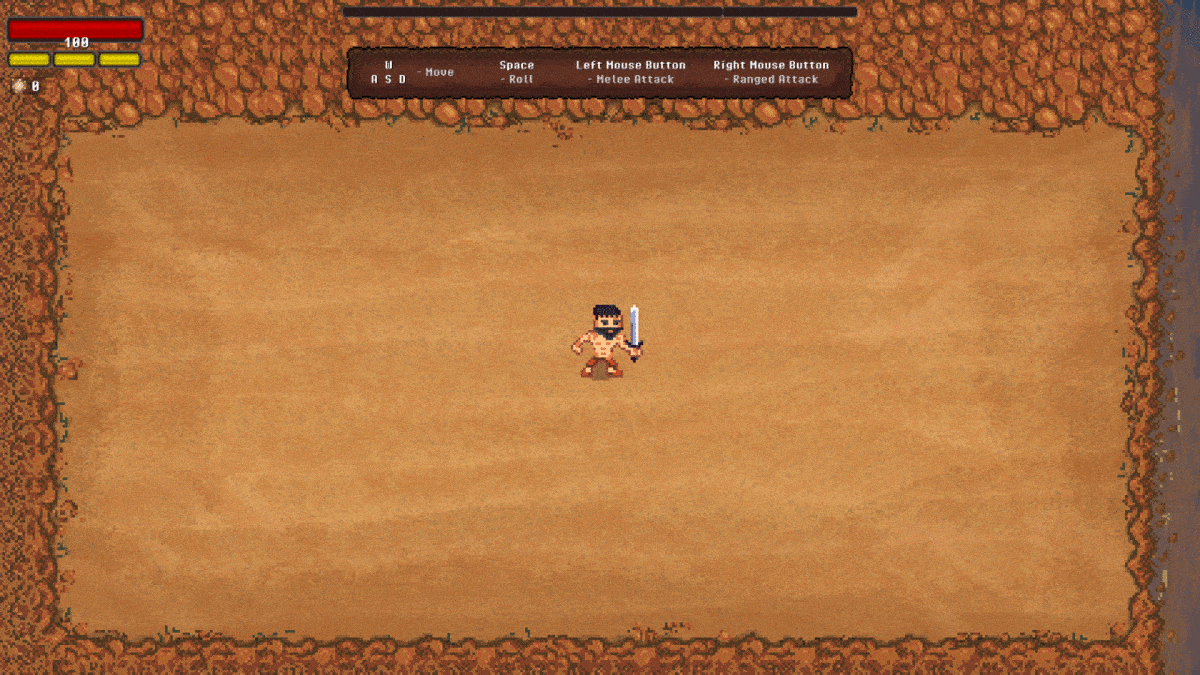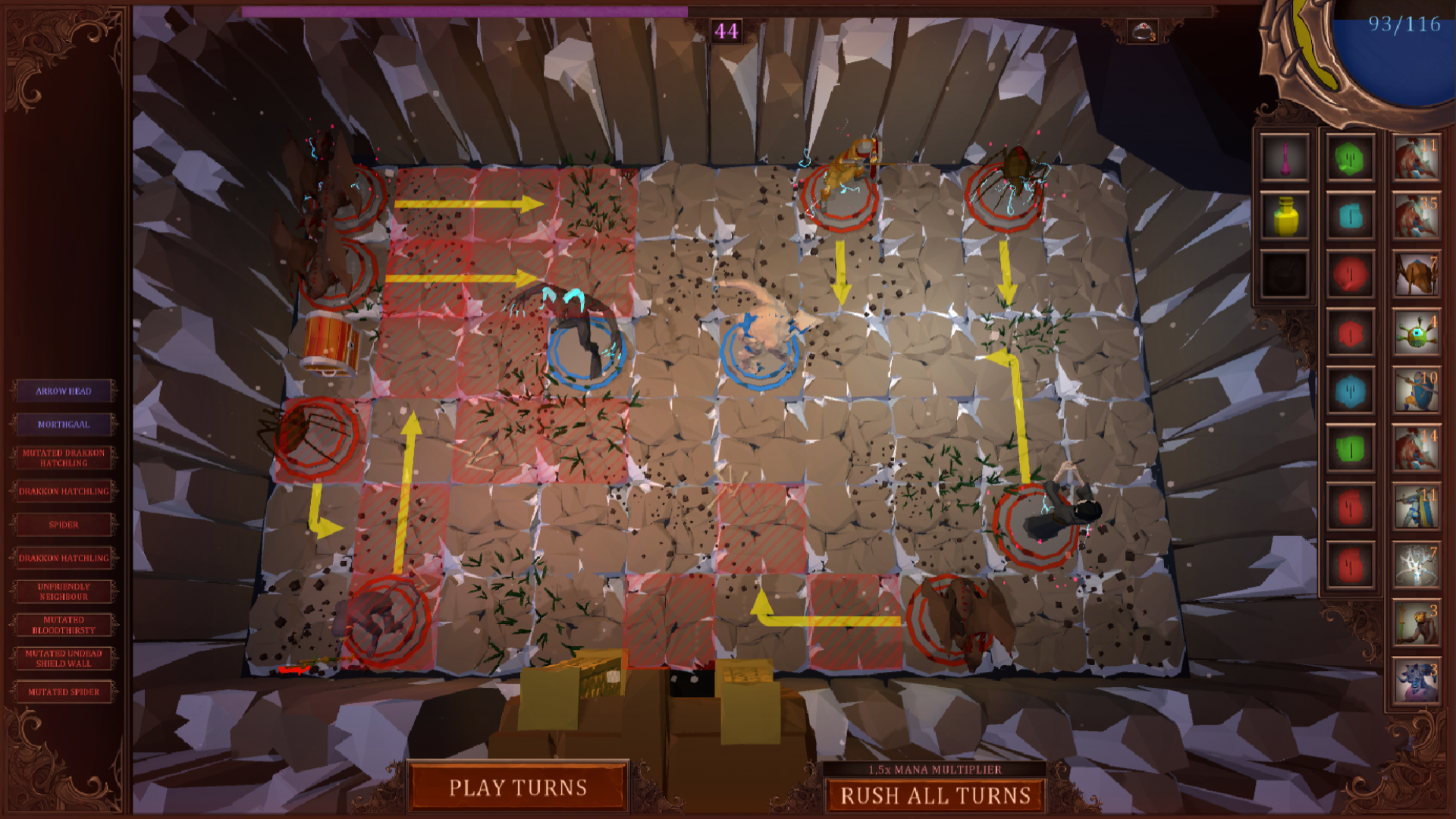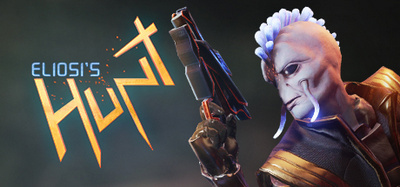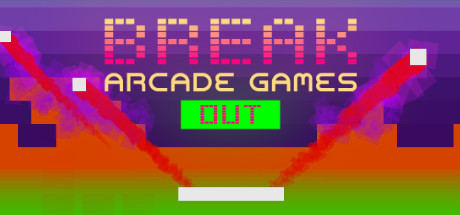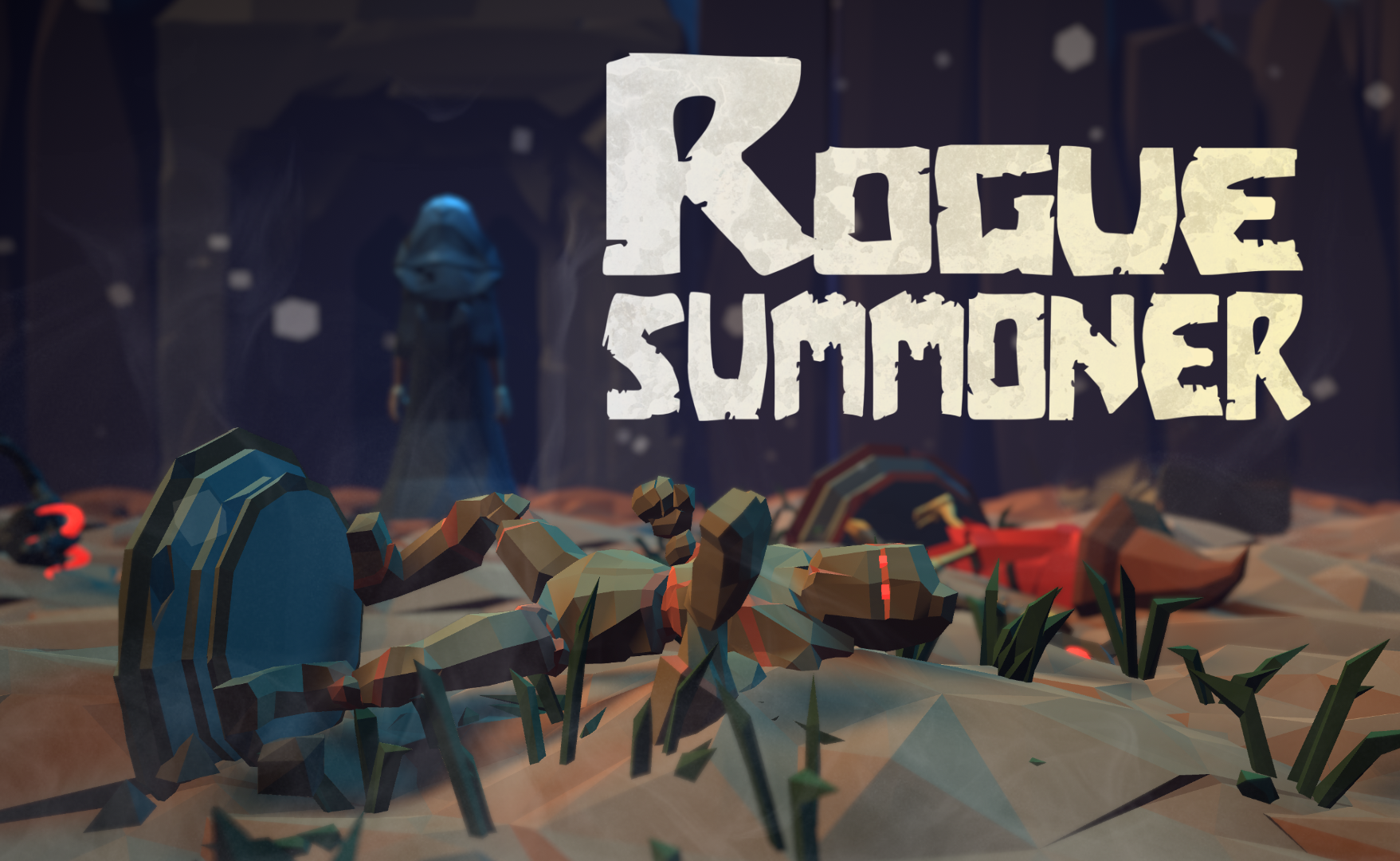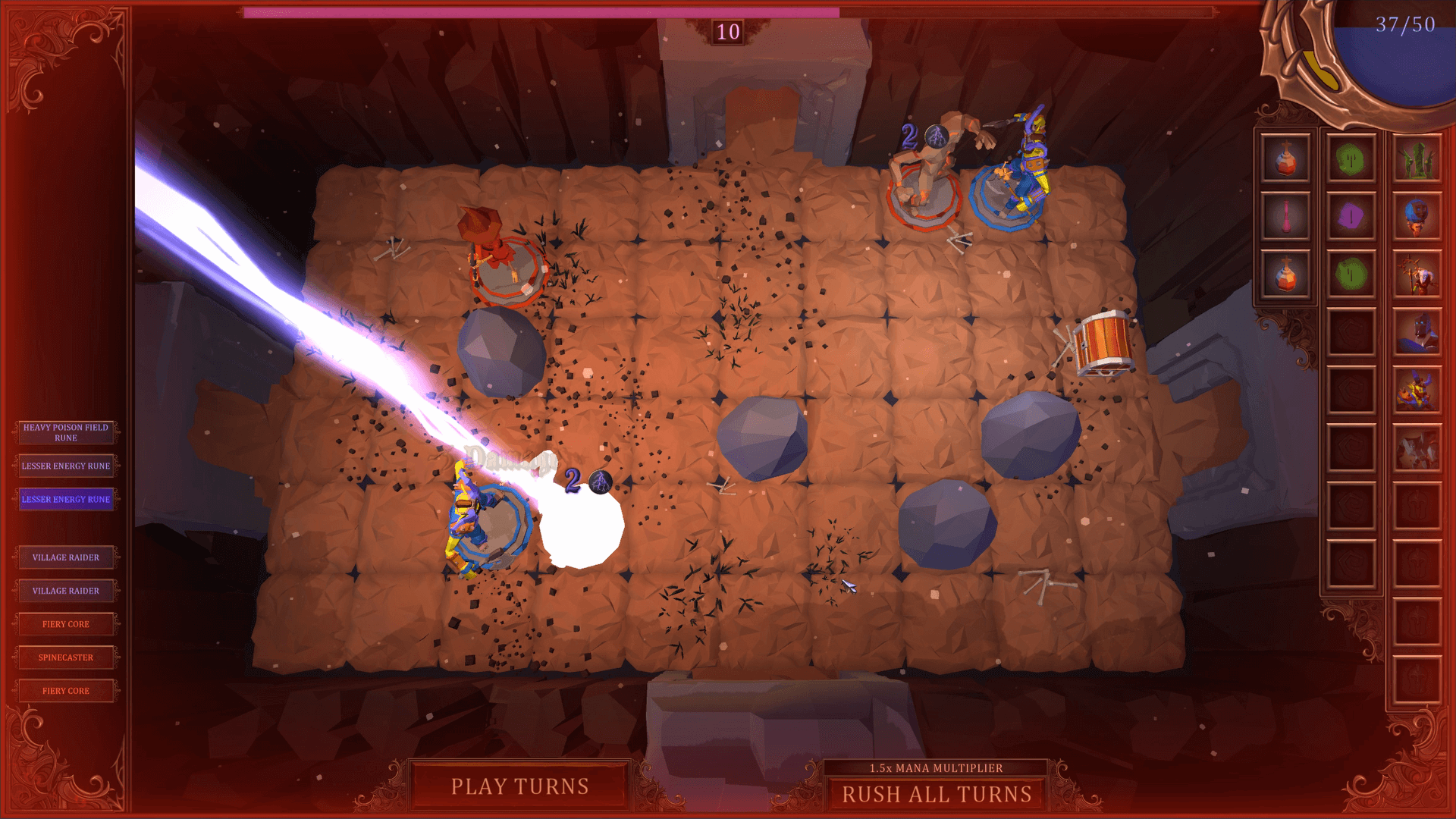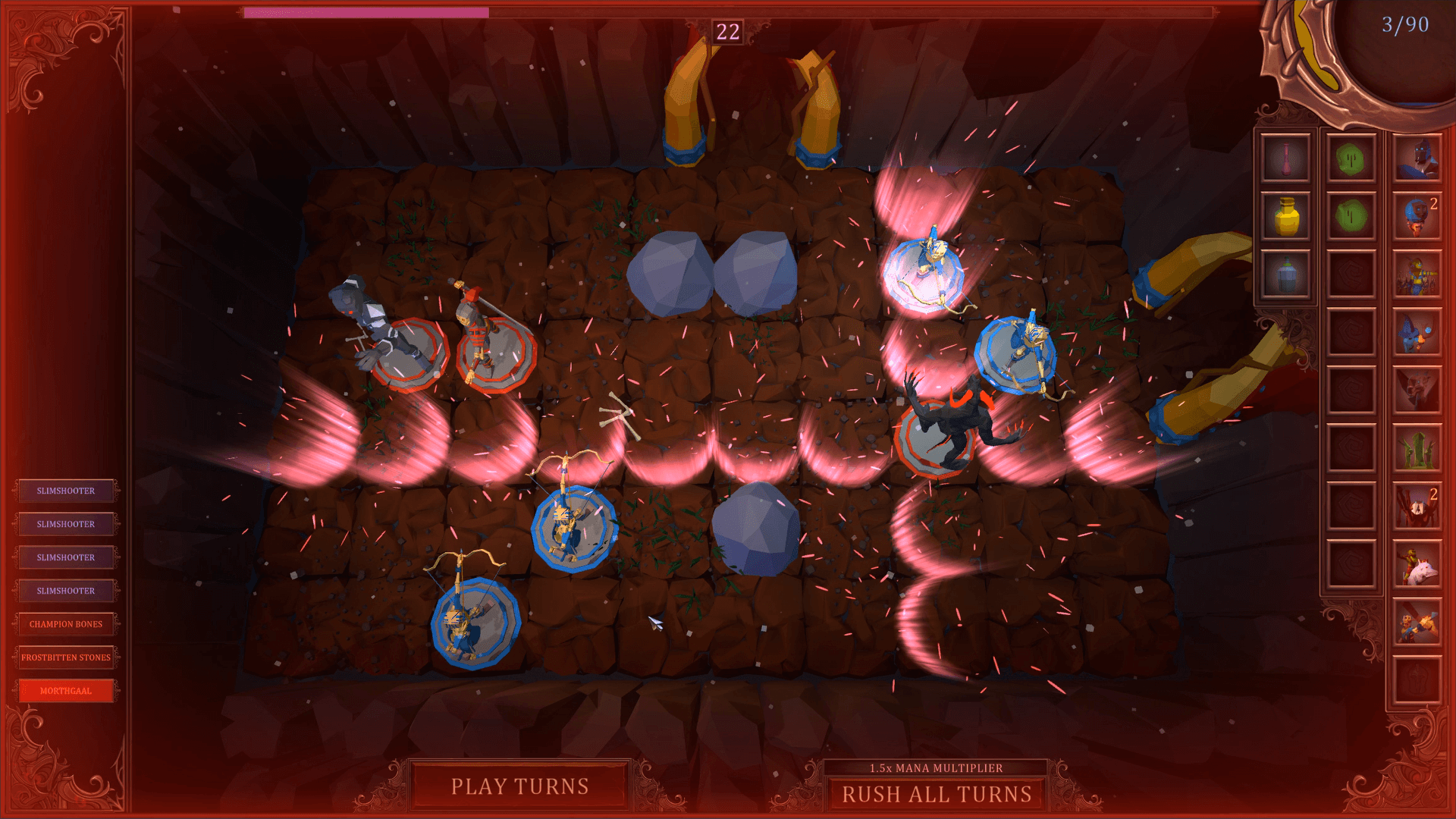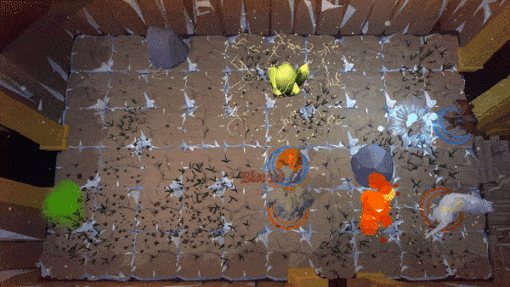Hey everyone!
After receiving lots of feedback from the community, we've just launched a update with many improvements on Vampire Hunters.
In Vampire Hunters, you’ll need guns. Lots of guns. Mow down vampires, demons, and more by stacking your guns into absurd, impossibly awesome builds. Test your firepower in this rogue-lite retro FPS, where steampunk meets the undead.
Play now: https://gamecraftstudios.itch.io/vampire-hunters-demoWe wish you all a great weekend! Full of vampires and demons hunting using, of course, lots and lots of guns!
And as always, if you have a feedback, suggestion or bug report, you can use the Steam Discussions or our Discord to talk to us!
All feedback is super welcomed!
Cheers!


